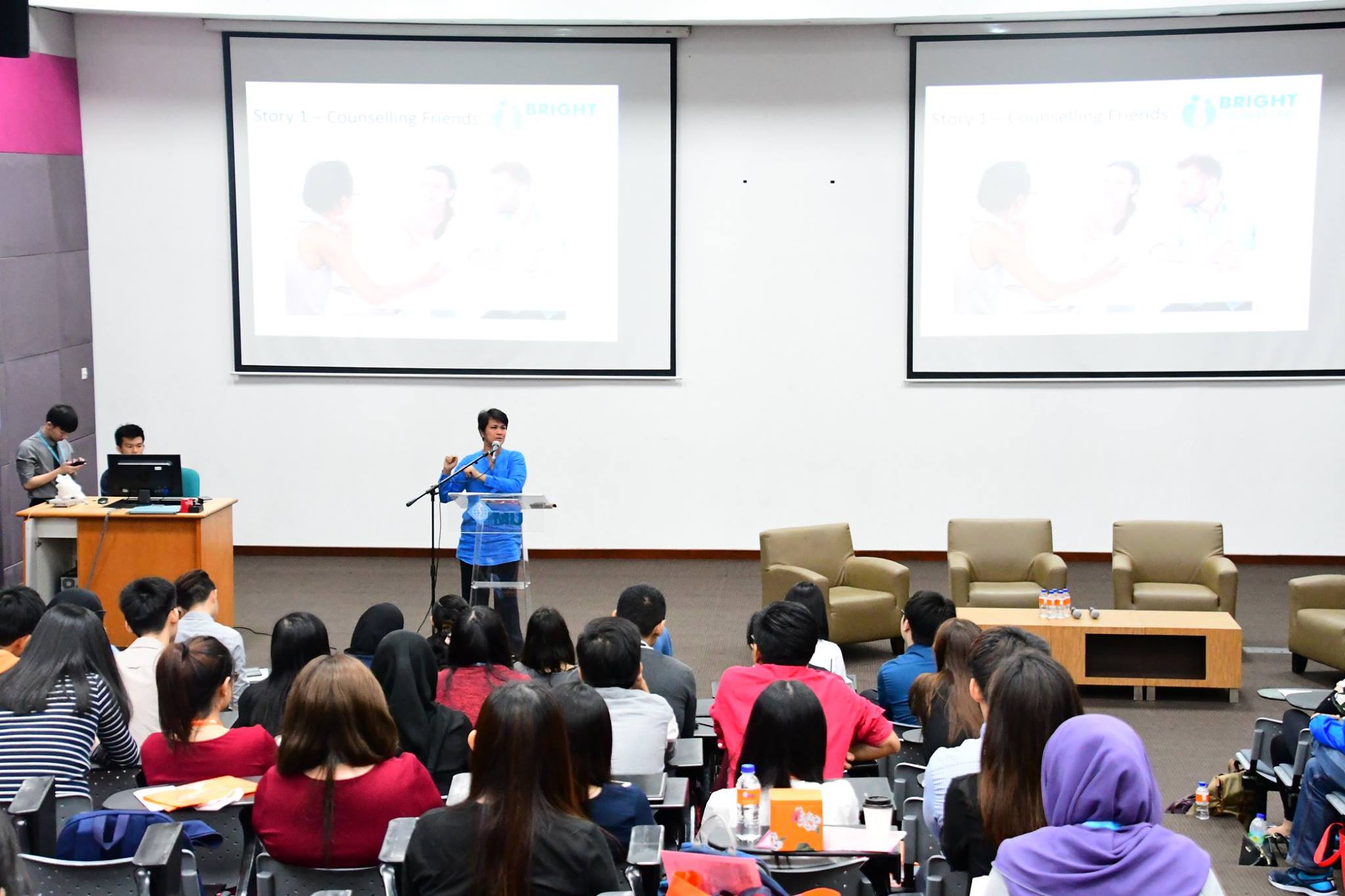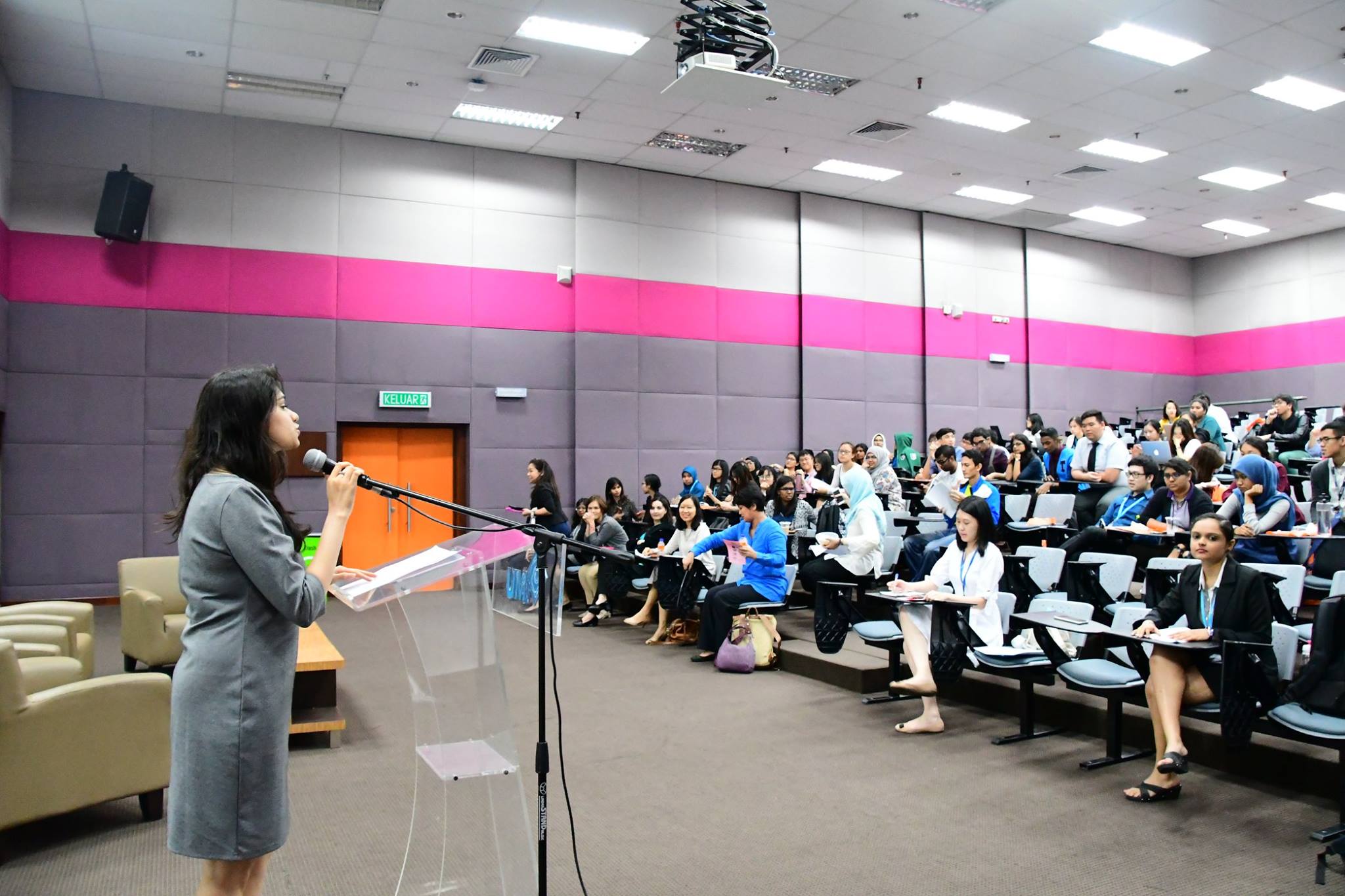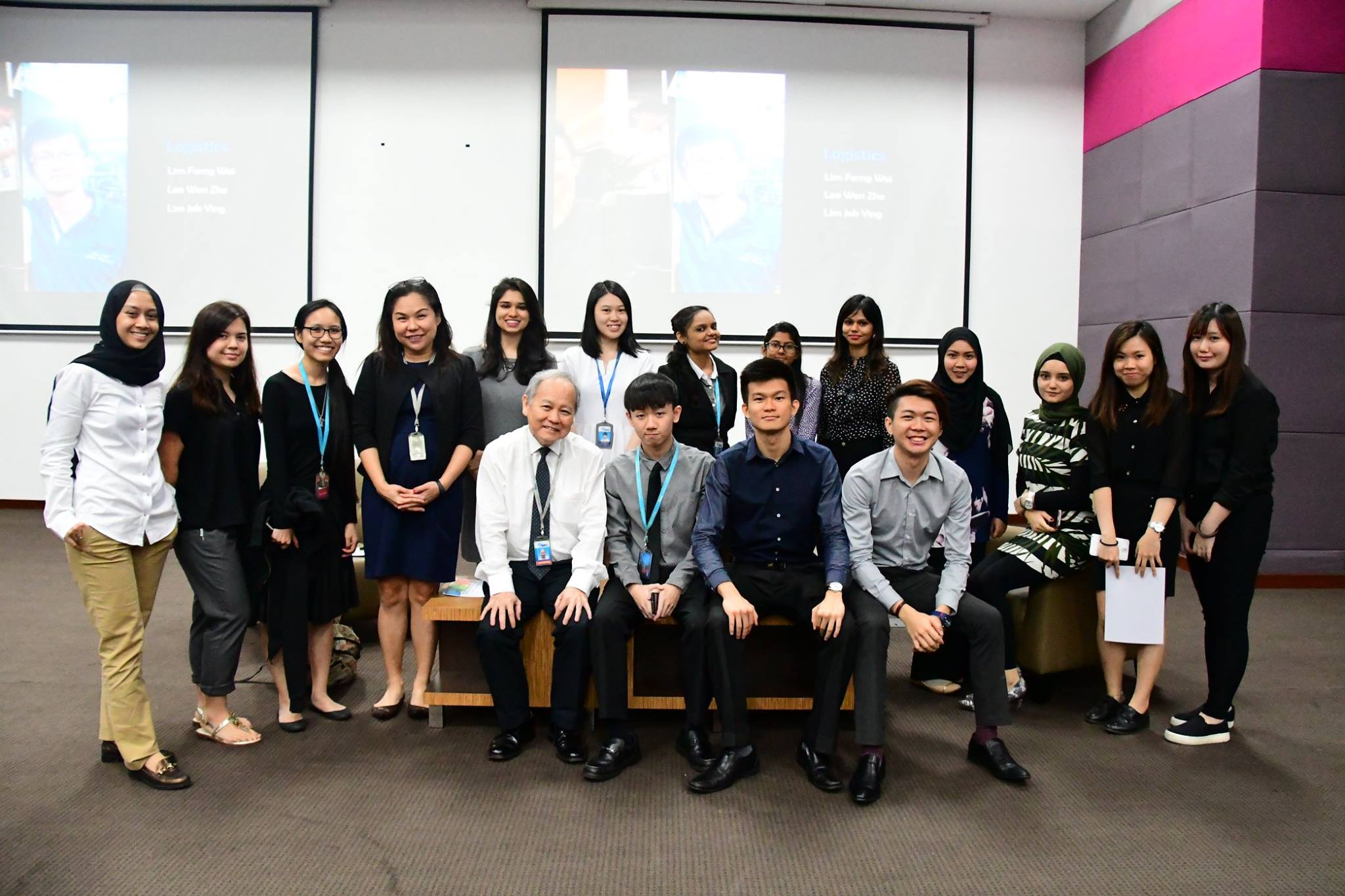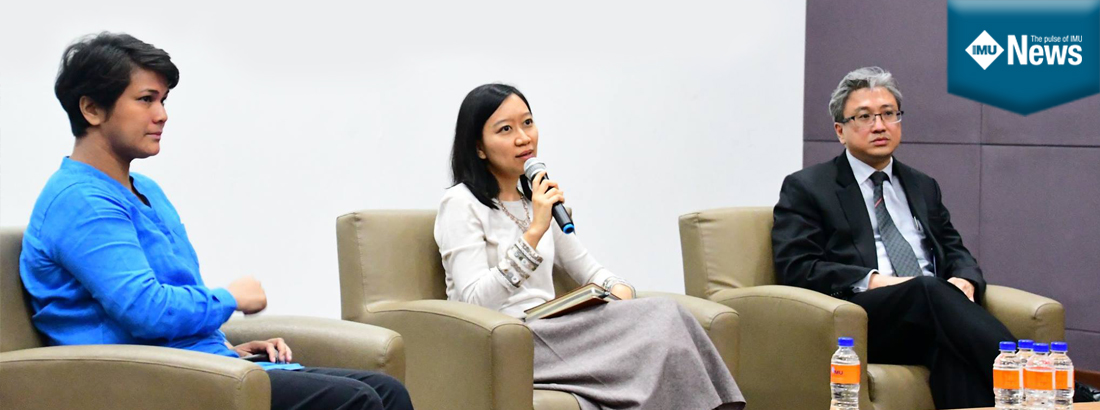Stephen Covey once said in an interview, ‘When it comes to developing character strength, inner security and unique personal and interpersonal talents and skills in a child, no institution can or ever will compare with, or effectively substitute for, the home’s potential for positive influence.’
Human beings are not machines who can work at a stretch. We need people to talk to and share our feelings. Interpersonal relationships that you form at work place has a critical role in both your work success and career progression. Positive interpersonal relationships allow effective communication and understanding among co-workers. Interpersonal relationship at a workplace is defined by the strong association or affiliations among individuals working in the same organisation, as well as to the society being served. Imagine yourself working in an organisation with no friends around! This seed of an idea was how the theme of this year’s Psychology Ethics Forum, “Interpersonal Relationships at Work” was determined by students of the PS1/15 cohort. This year’s theme is in conjunction with the general principle upheld by the American Psychological Association (APA): Fidelity and Responsibility, which promotes psychologists to establish relationships of trust with those whom they work with, in any field of psychology. The 5th Ethics Forum was conducted on 11 May 2017 at the IMU‘s campus in Bukit Jalil. The forum also highlighted different aspects of interpersonal relationships from various fields of psychology such as Industrial/Organisational and clinical setting.  This forum saw three speakers from different backgrounds within Malaysia – Azah Yazmin, Francis Wen and Ellisha Othman giving insight on the sub-topics of competence in profession, human relations and lastly conduct of colleague. The main issues addressed during the forum consisted of group conflict among the workplace, ingroup and outgroup, teamwork, self-boundaries and expectation, scenarios to help students understand the difficulty of making decisions and knowing how not to discriminate and have a preconceived prejudice. Stigma was an important topic as this is the key to look at the person separate from the problem. The forum also covered about ethical guidelines in the workplace. Feedback on the forum that was provided to us was positive. Besides that, the learning outcomes discussed during the Q&A session and the interviews covered boundaries between personal and professional understanding of different cultural perspectives. This is important as we are living in a diverse era and should be adapting and accepting of other people. Other learning outcomes include knowing when to stand up for yourself and not being a ‘Yes man’ and not to define yourself with a single mistake because everyone at the end of the day does mistakes and that is how we learn especially as someone who is just starting off in the real world. Learning from your setbacks and failure is inevitable but we should not let that define us, rather take that as a challenge and grow.
This forum saw three speakers from different backgrounds within Malaysia – Azah Yazmin, Francis Wen and Ellisha Othman giving insight on the sub-topics of competence in profession, human relations and lastly conduct of colleague. The main issues addressed during the forum consisted of group conflict among the workplace, ingroup and outgroup, teamwork, self-boundaries and expectation, scenarios to help students understand the difficulty of making decisions and knowing how not to discriminate and have a preconceived prejudice. Stigma was an important topic as this is the key to look at the person separate from the problem. The forum also covered about ethical guidelines in the workplace. Feedback on the forum that was provided to us was positive. Besides that, the learning outcomes discussed during the Q&A session and the interviews covered boundaries between personal and professional understanding of different cultural perspectives. This is important as we are living in a diverse era and should be adapting and accepting of other people. Other learning outcomes include knowing when to stand up for yourself and not being a ‘Yes man’ and not to define yourself with a single mistake because everyone at the end of the day does mistakes and that is how we learn especially as someone who is just starting off in the real world. Learning from your setbacks and failure is inevitable but we should not let that define us, rather take that as a challenge and grow. 
 The forum also covered on how to work in a setting when you are a minority, understanding that it is alright if you are not like the ‘rest’ as sometimes being unique is a positive attribute, how to stand out from other colleagues, going above and beyond with your work ethic portrays good values about your professionalism, being a good team player and understanding personalities that clash with oneself and learning to be okay with it over time. Dealing with one’s prejudice and stigma is a crucial point. It also discussed on actions to take when it comes to discrimination and knowing the rules and regulations in your organisation. Learning to say ‘No’ to others and saying yes to yourself is alright occasionally as we need to be physically and mentally healthy to give our best at any workplace. Taking risks and being aware of the consequences are also important as it is your conscience you must live with at the end of the day. Having a full support system and networking with different colleagues in your work field and other fields for referrals or recommendations and being aware of the legal implications is also important as well.
The forum also covered on how to work in a setting when you are a minority, understanding that it is alright if you are not like the ‘rest’ as sometimes being unique is a positive attribute, how to stand out from other colleagues, going above and beyond with your work ethic portrays good values about your professionalism, being a good team player and understanding personalities that clash with oneself and learning to be okay with it over time. Dealing with one’s prejudice and stigma is a crucial point. It also discussed on actions to take when it comes to discrimination and knowing the rules and regulations in your organisation. Learning to say ‘No’ to others and saying yes to yourself is alright occasionally as we need to be physically and mentally healthy to give our best at any workplace. Taking risks and being aware of the consequences are also important as it is your conscience you must live with at the end of the day. Having a full support system and networking with different colleagues in your work field and other fields for referrals or recommendations and being aware of the legal implications is also important as well. 
This article is written by psychology student, Bushra Farooq.









